Does CBD help with nerve damage?
Estimated reading time: 9 minutes
- Understanding Nerve Damage
- How CBD Works in the Body
- Understanding CBD and the Endocannabinoid System
- The Potential Benefits of CBD for Nerve Damage
- Research on CBD and Nerve Damage
- Current State of Research
- How to Use CBD for Nerve Damage
- What the Science Says About CBD and Nerve Regeneration
- Using CBD for Nerve Pain and Damage
- Conclusion
- FAQ
- The Real CBD for Nerve Damage
In recent years, Cannabidiol (CBD) has gained popularity as a potential remedy for various health issues. One area of interest is the use of CBD for nerve damage, including traumatic brain injury, stroke, and neurodegenerative diseases. But the question remains, does CBD help with nerve damage? In this article, we'll explore the scientific research surrounding CBD and its potential benefits for nerve damage.
Understanding Nerve Damage

Before diving into the potential benefits of CBD, let's first understand what nerve damage is. Nerve damage refers to any harm or injury to the brain, spinal cord, or nerves. This damage can result from a variety of factors, including trauma, infection, disease, or genetic disorders. Nerve damage can lead to a range of symptoms, including difficulty with movement, memory loss, seizures, and sensory changes.
How CBD Works in the Body
CBD is one of over 100 compounds found in the Cannabis plant. Unlike tetrahydrocannabinol (THC), another well-known compound in cannabis, CBD is not psychoactive and does not cause a “high.” CBD interacts with the body's endocannabinoid system (ECS), which plays a role in regulating various bodily functions, including pain, mood, and inflammation.
Understanding CBD and the Endocannabinoid System

What is CBD?
CBD, or cannabidiol, is a compound found in the cannabis plant. Unlike THC, the psychoactive compound in cannabis that causes a “high,” CBD is non-intoxicating and has a variety of potential health benefits.
The Endocannabinoid System
The endocannabinoid system is a network of receptors and signaling molecules found throughout the body. It plays a key role in regulating a wide range of physiological processes, including pain, inflammation, mood, and appetite.
The Potential Benefits of CBD for Nerve Damage
While research on CBD and nerve damage is still in its early stages, there are some promising findings. Here are some potential benefits of CBD for nerve damage:
1. Anti-Inflammatory Properties
Inflammation is a common feature of many nerve conditions. Therefore, is thought to play a role in the development and progression of these diseases. CBD has potent anti-inflammatory effects, which could potentially be useful in treating conditions such as multiple sclerosis, Parkinson's disease, and Alzheimer's disease.
2. Neuroprotective Properties
Studies have shown that CBD may have neuroprotective properties, meaning it may be able to help protect the nervous system from damage caused by injury or disease. For example, one study published in the Journal of Neuroscience Research found that CBD was able to protect neurons in the hippocampus, a region of the brain that plays a key role in memory and learning, from damage caused by oxygen deprivation.

3. Pain Relief
CBD has analgesic properties, which could help alleviate pain associated with nerve damage. This could be beneficial for those with nerve pain, headaches, or other types of pain associated with nerve damage.
4. Anxiety and Depression Relief
Nerve damage can often lead to anxiety and depression. CBD has been shown to have anxiolytic and antidepressant properties. This could help alleviate symptoms of anxiety and depression in those with nerve damage.
5. Anticonvulsant Effects
CBD has been shown to have anticonvulsant effects. Meaning it may be able to help reduce the frequency and severity of seizures in people with epilepsy. In fact, in 2018, the FDA approved the use of a CBD-based medication called Epidiolex. Using it for the treatment of seizures associated with two rare forms of epilepsy.
More from our blog:
Research on CBD and Nerve Damage
While the potential benefits of CBD for nerve damage are promising, it's important to note that research in this area is still in its early stages. Here are some of the findings from recent studies:
1. Traumatic Brain Injury
A study published in the Journal of Head Trauma Rehabilitation found that CBD may improve motor function and reduce brain damage in rats with traumatic brain injury.
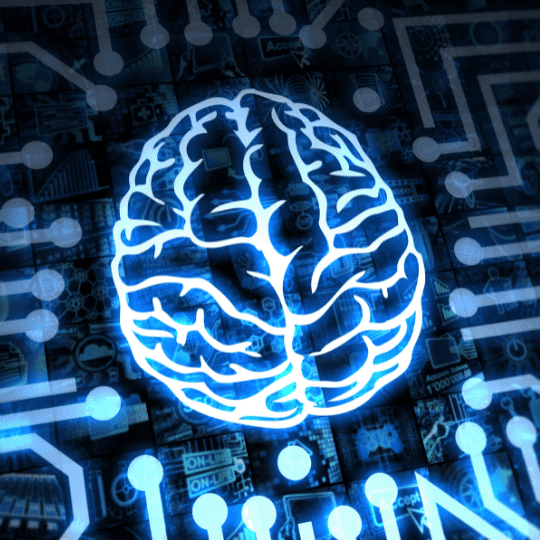
2. Stroke
A study published in the Journal of Stroke and Cerebrovascular Diseases found that CBD may have neuroprotective effects. Furthermore, reduce brain damage in rats with stroke.
3. Multiple Sclerosis
A study published in the Journal of Neurology, Neurosurgery & Psychiatry found that CBD may reduce muscle spasticity in people with multiple sclerosis.
4. Parkinson's Disease
A study published in the Journal of Psychopharmacology found that CBD may improve the quality of life. Furthermore, reduce symptoms in people with Parkinson's disease.
Current State of Research

The evidence supporting the use of CBD for nerve damage is promising. It is important to note that much of this research has been conducted in animal models or in vitro. This means that more research is needed to determine the full potential of CBD in humans. However, there have been several clinical trials conducted in recent years that have shown promising results.
For example, a 2018 study published in the journal Frontiers in Neurology found that CBD was able to improve quality of life and reduce the frequency of seizures in patients with refractory epilepsy. Another study published in the journal Cannabis and Cannabinoid Research found that CBD was able to improve motor function and reduce spasticity in patients with multiple sclerosis.
Additionally, a growing number of anecdotal reports suggest that CBD may be helpful in treating a range of other nerve conditions. Here we can include Parkinson's disease, Alzheimer's disease, and traumatic brain injury. The potential therapeutic benefits of CBD for nerve damage are certainly exciting.
How to Use CBD for Nerve Damage
If you are interested in using CBD to potentially treat nerve damage, it is important to speak with a qualified healthcare provider to determine the appropriate dosage and method of administration. CBD can be taken in several different forms, including oils, capsules, gummies, and topicals. The appropriate dosage will depend on several factors, including your age, weight, and the severity of your condition.
It is also important to choose a high-quality CBD product from a reputable source. Furthermore, be wary of products that make overly bold or unproven claims about their therapeutic benefits.
What the Science Says About CBD and Nerve Regeneration
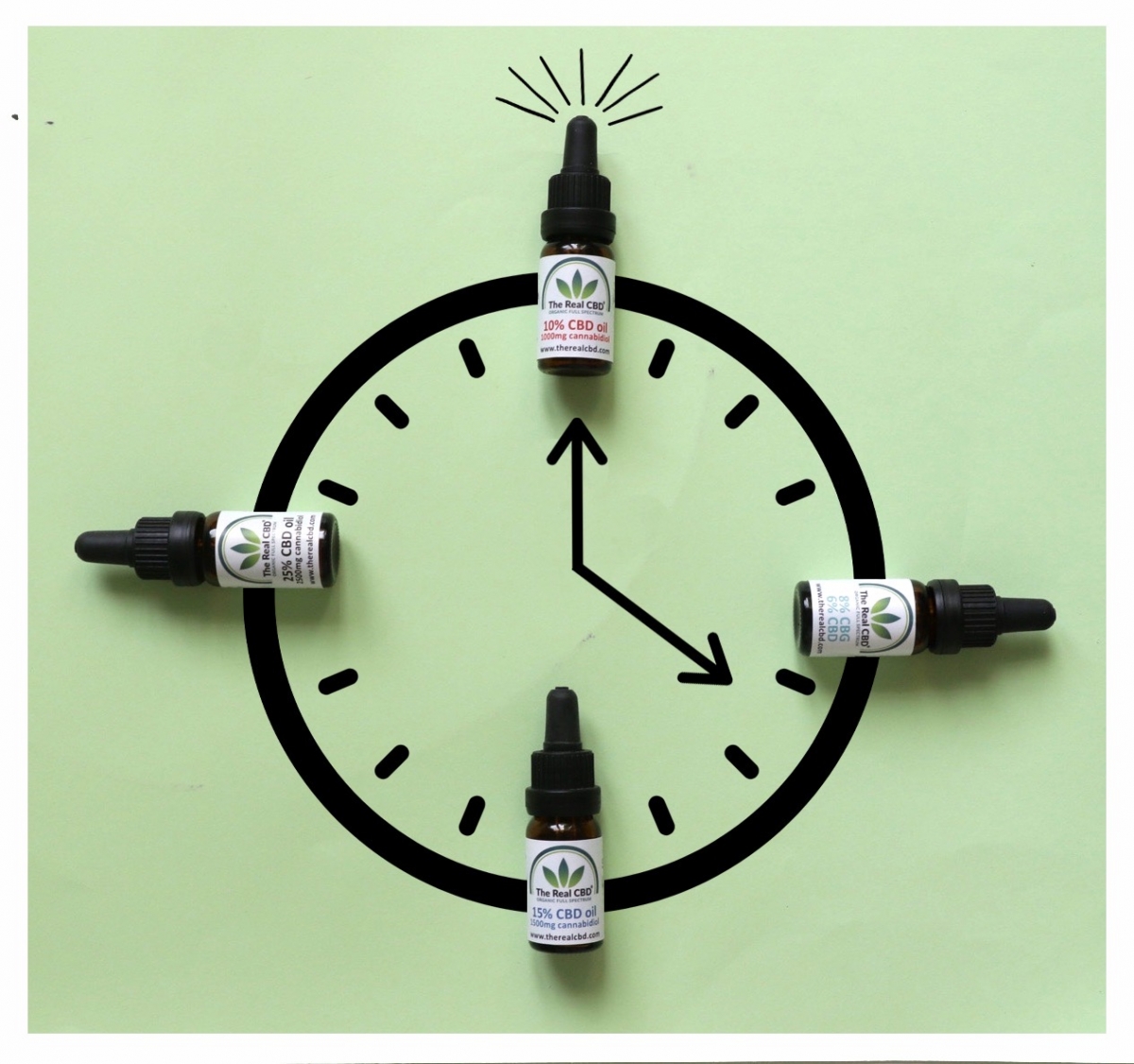
The Evidence for CBD and Nerve Regeneration
There have been some promising studies on the potential of CBD to regenerate nerves. The evidence is still limited and inconclusive. One study published in the Journal of Neuroinflammation found that CBD could promote the growth and development of nerve cells in the hippocampus. This is a part of the brain involved in memory and learning. Another study published in the Journal of Experimental Medicine found that CBD could help reduce inflammation and oxidative stress in the nervous system.
The Limitations of CBD Research
Despite these promising findings, there are several limitations to the existing research on CBD and nerve regeneration. However, there is a lack of large-scale clinical trials to confirm the potential benefits of CBD for nerve regeneration.
Using CBD for Nerve Pain and Damage
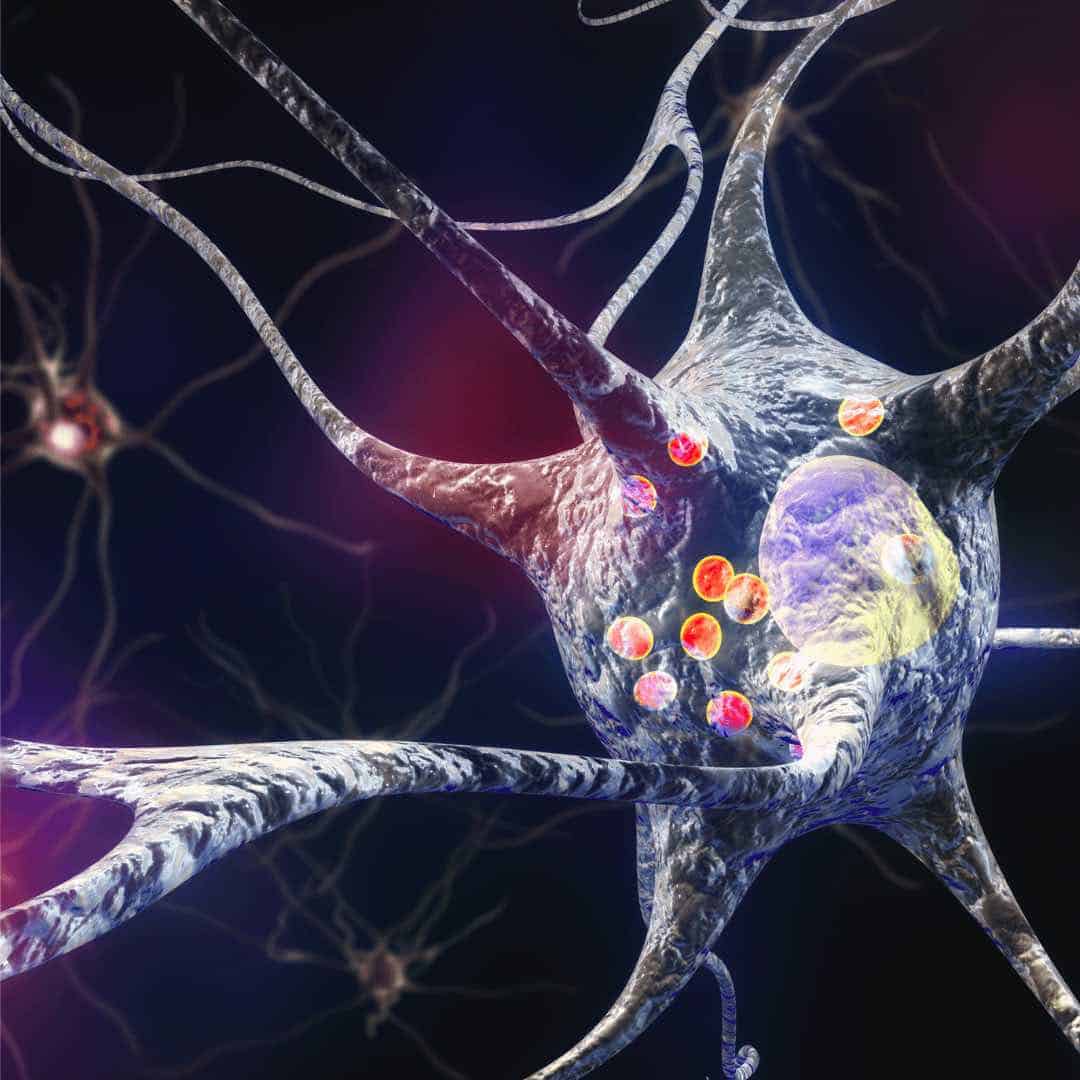
What Causes Nerve Pain and Damage?
There is a variety of factors that can cause nerve pain. Here we can mention, injuries, infections, and chronic conditions such as diabetes or multiple sclerosis.
How CBD May Help with Nerve Pain and Damage
We need more research is needed to fully understand the potential of CBD for nerve pain and damage. However, some studies have found that CBD can help reduce pain and inflammation in the nervous system. One study published in the European Journal of Pain found that CBD could help reduce pain. Also, improve sleep in people with chronic pain conditions.
Conclusion
The evidence supporting the use of CBD for nerve damage is still in its early stages. However, there is growing interest and excitement surrounding its potential therapeutic benefits. From neuroprotection to anti-inflammatory effects to anticonvulsant properties. CBD may have a range of potential applications for treating a variety of nerve conditions. Research in this field continues to grow every day. Therefore, is likely that we will learn even more about the potential of CBD for nerve damage.
FAQ

Yes, CBD is legal in many countries and is available in a variety of different forms.
No, CBD is non-psychoactive and does not produce the “high” typically associated with marijuana use.
It is important to choose a high-quality CBD product from a reputable source. Look for products that have been third-party tested.
It is important to speak with a qualified healthcare provider before using CBD in combination with other medications. Therefore, it may interact with certain drugs.
CBD is normally tolerated well. However, some people may experience side effects such as dry mouth, drowsiness, and changes in appetite or mood.
The Real CBD for Nerve Damage
-
 CBD Capsules – Water Soluble 5%€59.00
CBD Capsules – Water Soluble 5%€59.00 -
 15% Pure CBD oil€80.00 – €85.00
15% Pure CBD oil€80.00 – €85.00 -
 10% CBD oil€55.00
10% CBD oil€55.00 -
 5% Pure CBD oil€29.00 – €35.00
5% Pure CBD oil€29.00 – €35.00 -
 Athlete MCT/CBD oil 18%€90.00
Athlete MCT/CBD oil 18%€90.00 -
 25% Pure CBD oil€139.00
25% Pure CBD oil€139.00 -
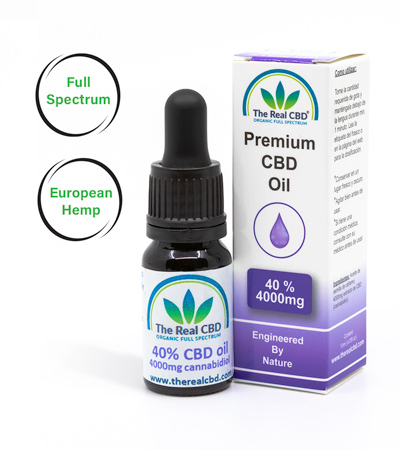 40% Raw CBD Oil€189.00
40% Raw CBD Oil€189.00 -
 CBG/CBD oil€87.00
CBG/CBD oil€87.00 -
 CBD Sleep Solution 10%€50.00
CBD Sleep Solution 10%€50.00 -
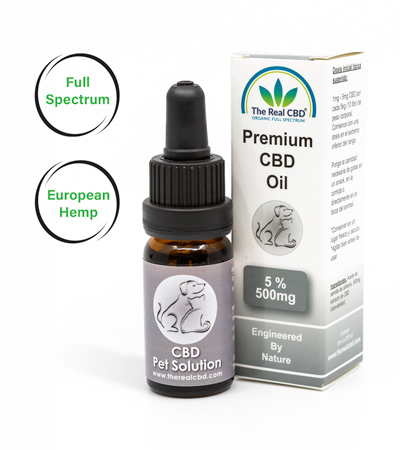 5% CBD oil for Pets€29.00
5% CBD oil for Pets€29.00 -
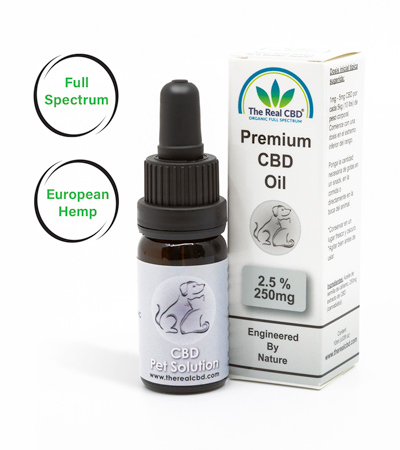 2.5% CBD oil for Pets€15.00
2.5% CBD oil for Pets€15.00 -
 10% CBD oil for Pets€55.00
10% CBD oil for Pets€55.00

I am a certified expert in Medicinal Cannabis. We are all about giving correct and trustworthy information. We know how important it is to learn about CBD and cannabis, which is why we want to be your go-to source for trustworthy information. We help you improve your health by using our knowledge and experience as a starting point.

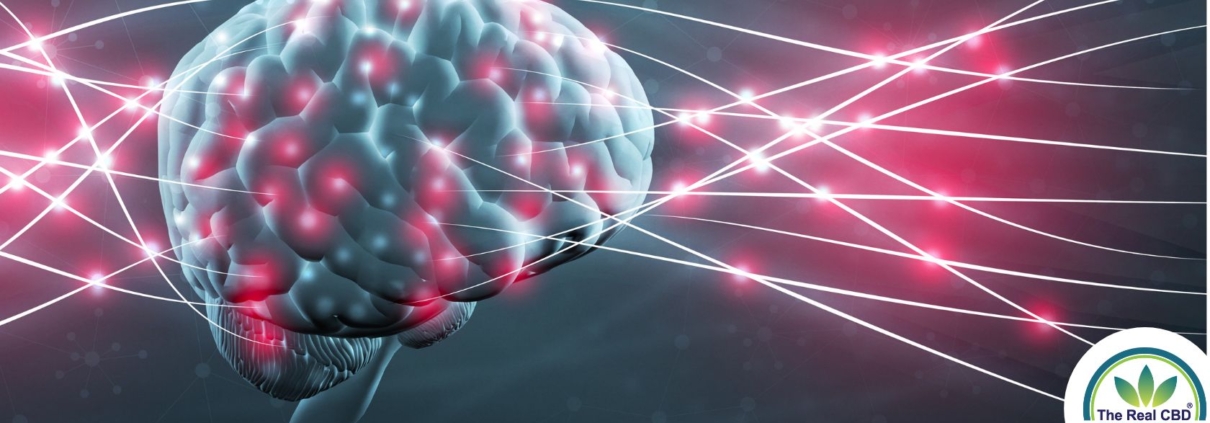












Leave a Reply
Want to join the discussion?Feel free to contribute!